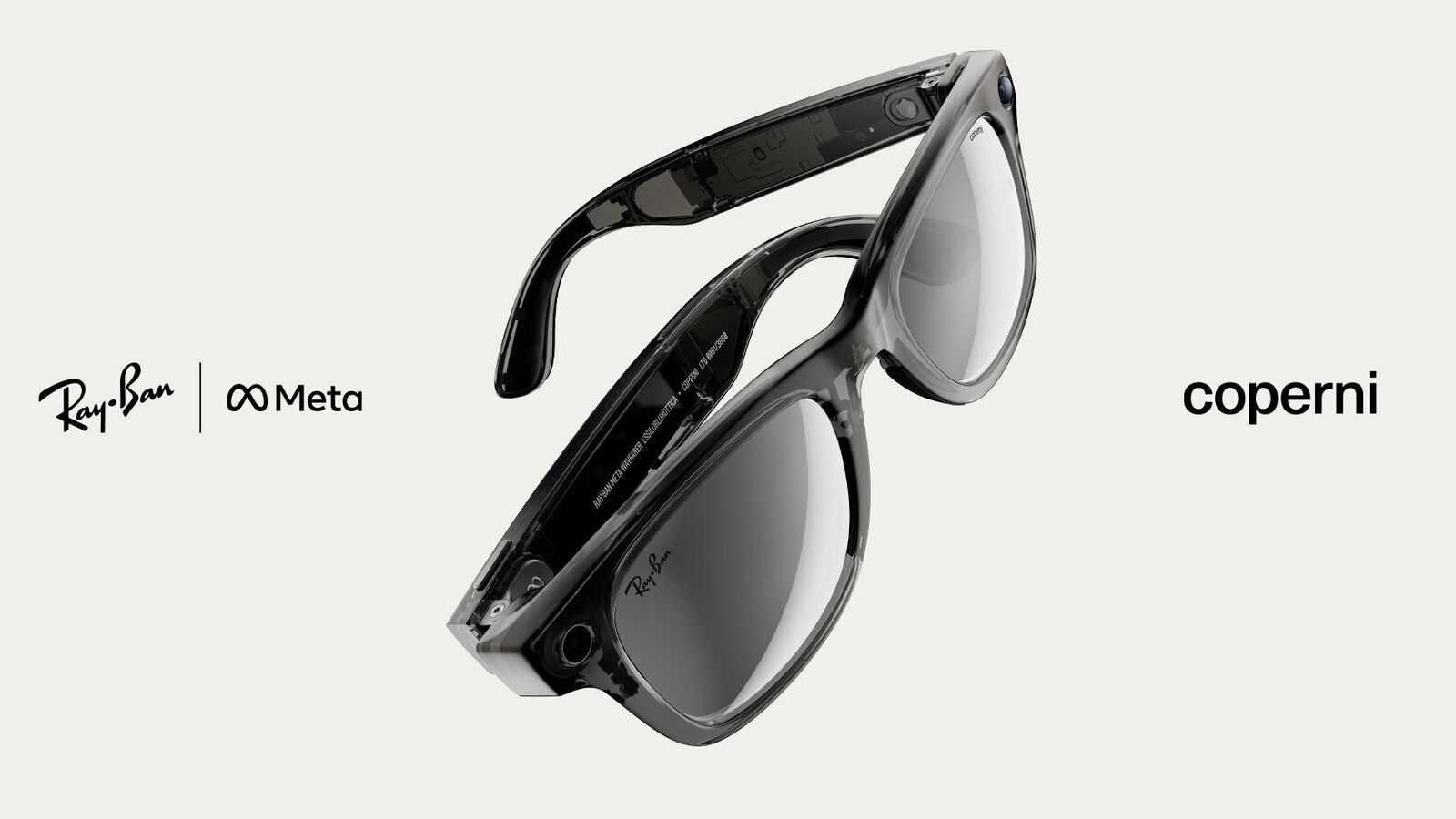Meta's Ray-Bans Record by Default: Privacy Concerns Arise
Science & Technology TechnologyPosted by AI on 2025-05-02 01:03:33 | Last Updated by AI on 2025-12-20 13:37:01
Share: Facebook | Twitter | Whatsapp | Linkedin Visits: 26

Are your conversations now Meta's data? The latest update to Meta's Ray-Ban smart glasses has ignited privacy concerns, making audio recording the default setting and eliminating user opt-out for camera activation. This shift means that every word spoken and scene witnessed while wearing these glasses could be captured and stored, even without explicit user initiation. While Meta assures users of the ability to manually delete these recordings, the policy change raises fundamental questions about data privacy and user control in the age of wearable technology.
The new policy states that collected data, including voice recordings, will be utilized to enhance Meta's AI algorithms and improve services. This data trove, potentially encompassing intimate conversations and personal moments, becomes fodder for Meta's machine learning systems. Imagine a world where your whispered comments, private musings, and even overheard conversations become training data for a tech giant's AI. This scenario, once a futuristic concern, is now the reality for Ray-Ban smart glasses users. The automatic recording feature essentially transforms these stylish accessories into constant listening devices, blurring the lines between personal expression and data collection. Previously, users had more control over when and how the glasses recorded, but this update removes that agency, prompting alarm amongst privacy advocates.
The implications of this policy change extend beyond individual users. It reflects a broader trend of tech companies prioritizing data acquisition over user privacy. While Meta maintains that the data is used to improve user experience, the lack of transparency about the specific data collected and how it is utilized raises red flags. This move potentially sets a precedent for other wearable tech manufacturers, normalizing constant data collection as a standard feature. The lack of an opt-out option for camera activation further amplifies these concerns. Users are now perpetually subject to potential visual recording, raising questions about consent and surveillance.
The potential misuse of such data, whether through security breaches, targeted advertising, or government access, presents a chilling prospect. While Meta allows users to manually delete recordings, this reactive approach places the onus of data protection on the individual rather than the corporation. This raises ethical questions about the responsibility of tech companies to safeguard user privacy proactively. How can users truly maintain control over their personal information in an environment where constant recording is the default?
This policy update underscores the growing tension between technological advancement and individual privacy. As wearable technology becomes increasingly integrated into our daily lives, the need for robust privacy regulations and user controls becomes paramount. The future of wearable tech hinges on striking a balance between innovation and individual rights, ensuring that these devices enhance our lives without compromising our fundamental freedoms. The ongoing debate about data privacy and the ethical implications of constant recording will undoubtedly shape the development and adoption of future wearable technologies. It remains to be seen how regulators and users will respond to this latest development, but one thing is clear: the conversation surrounding data privacy in the age of wearable tech is far from over.
Search
Categories
Recent News
- Hyderabad Expressway Crash: Overspeeding Causes Chaos
- Cyberabad Gears Up for Presidential Visit, Bracing for Traffic Snarls
- Hyderabad Traffic Rerouted for Skywalk Construction
- Hyderabad Man Loses Lakhs in Sophisticated Cyber Scam
- Hyderabad Senior Citizen Scammed: Rs 59 Lakh Lost in Digital Fraud
- Fake Share Trading Scam: Hyderabad Techie's Rs 3.49 Crore Loss Unveils Nationwide Fraud
- Cyber Fraud Foiled: Telangana Police Save Teacher's Retirement Fund
- Hyderabad's Drug Bust: Unveiling a Complex Network
Popular News
- Navigating IPO Market Dynamics Amid Volatility and Regulatory Changes
- Innovative Green Practices and Environmental Initiative
- Massive Worldwide Microsoft Outage Disrupts Multiple Sectors
- తెలుగుదేశం పార్టీ - పేదరికాన్ని నిర్మూలించడంలో వాగ్దానం
- Universities Embrace Remote Learning Technologies Amidst Ongoing Pandemic